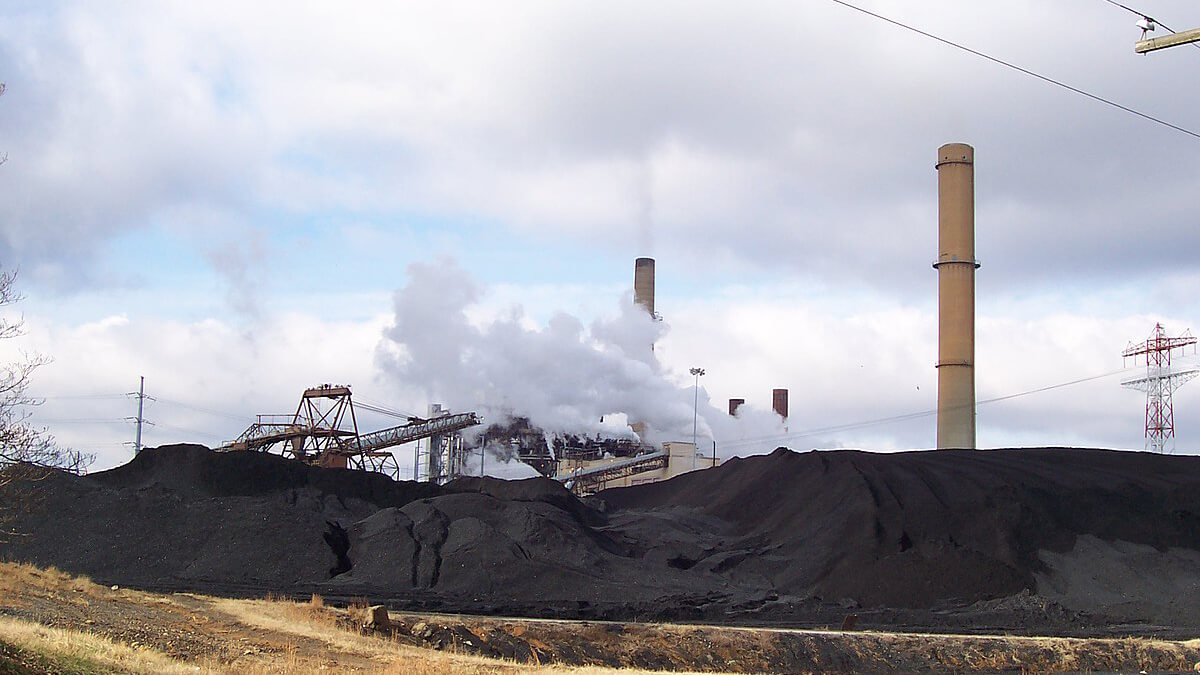Supreme Court Deals Dangerous Blow to Climate Action
DURANGO, CO—Today’s 6-3 decision by the U.S. Supreme Court in West Virginia v. EPA is a disastrous setback in the fight for clean air and water, and against climate change.
One of the cornerstones of America’s environmental policy is the 1970 Clean Air Act, which gave the EPA the responsibility to protect the nation’s air quality by regulating air pollution. At that time, the major fight was against smog, smoke, and particulate pollution. And in the 52 years since, air quality has generally improved for much of the nation.
Now the major concern is the emission of carbon dioxide and other greenhouse gas pollutants whose impact on the atmosphere is hazardous beyond measure to a livable environment. The largest sources of greenhouse gas emissions from human activities in the U.S. today are from burning fossil fuels for electricity, heat, and transportation.
This bizarre ruling prevents the EPA—a congressionally authorized agency—from doing its job to regulate carbon dioxide emissions without the express approval of Congress, despite the fact that approval has already been expressly given to the EPA by Congress.
The Supreme Court, in essence, today made itself the final arbiter of what is or isn’t “too much” action on carbon emissions.
“Whatever else this Court may know about, it does not have a clue about how to address climate change,” Justice Elena Kagan wrote in the dissent. “Yet the Court today prevents congressionally authorized agency action to curb power plant’s carbon dioxide emissions. The Court appoints itself—instead of Congress or the expert agency—the decision maker on climate policy. I cannot think of many things more frightening.”
Climate change is not some abstract theory about the distant future. It is here now, happening in real time across the world. It can be seen on the coasts through intensified hurricanes, and throughout the country through flooding, heat waves, and other extreme weather events.
The battle is not over. Great Old Broads for Wilderness—with our many allies and partners—will continue to fight vigorously to protect and preserve our public lands and waters. Today’s ruling does not hinder the Biden administration’s authority under other foundational environmental laws to take immediate action to declare a climate emergency, and stop new oil and gas leases and halt fossil fuel infrastructure construction on public lands and waters. It’s time for the administration to show the will to follow through on its environmental promises.
Meanwhile, Congress must step up and enact legislation that will protect our environment before it’s too late, and the need to elect candidates who will vote for environmental protections has never been more urgent.
But time is running out. We need to act now.

